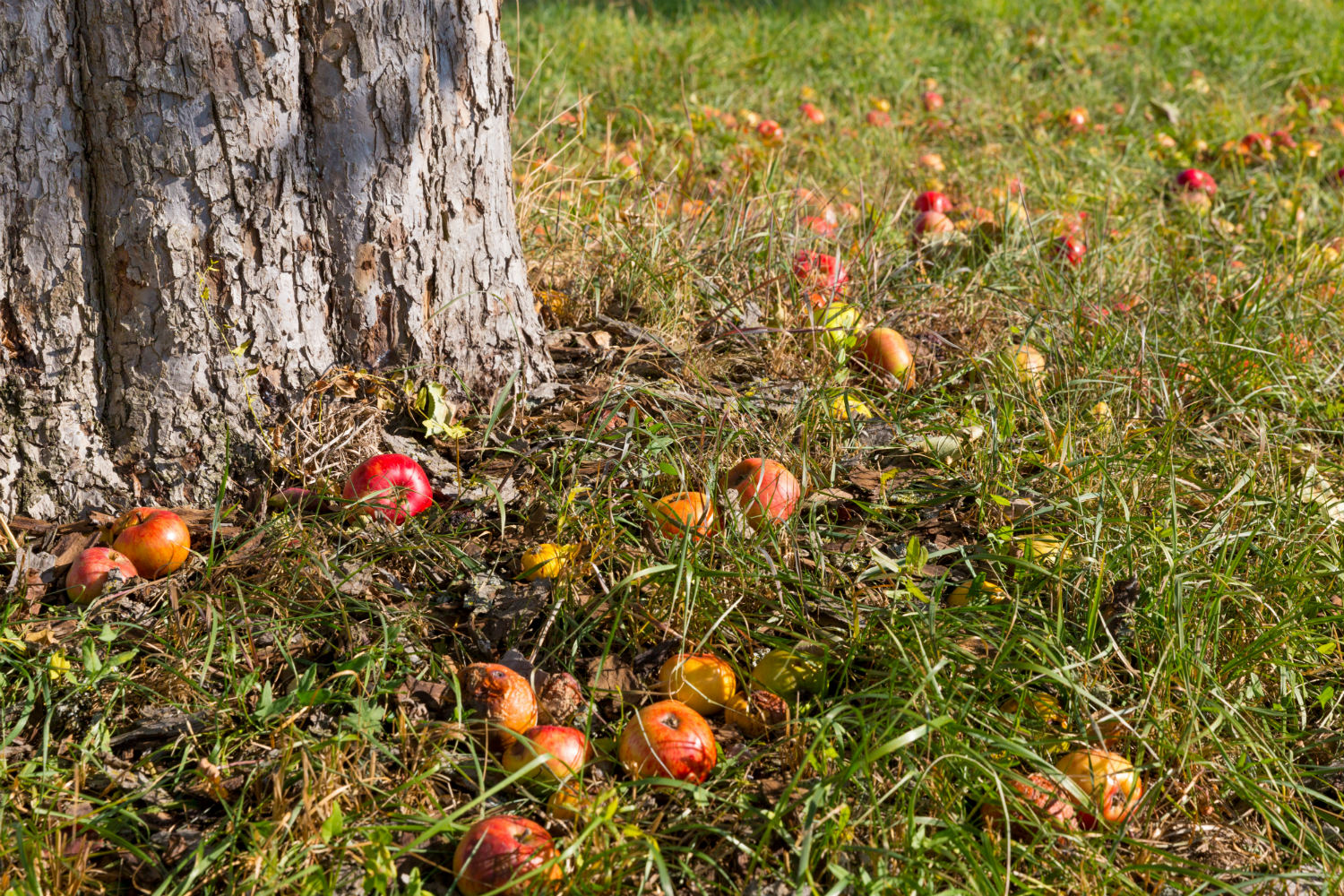Part of the Food Policy Snapshot Series
Food Policy Snapshot: The Gleaning Network UK
Overview: The Gleaning Network UK coordinates volunteers, farmers and food redistribution charities in order to save fresh fruits and vegetables that are wasted on farms. It supplies volunteer “gleaners” to farms that have a surplus of crops, or crops that are edible but not marketable. Volunteers harvest the crops, and the Gleaning Network donates them to food distribution charities who re-direct them to people in need.
Locations: London; North West; Bristol; West England; Sussex; East England; and Kent (United Kingdom)
Food policy category: Food waste prevention, reduction and management
Program Initiated: 2012
Progress to date: There are currently six gleaning hubs across the United Kingdom; a “Gleaning Network EU” has been developed to initiate gleaning projects in other European countries.
Program goals:
- To save unwanted fresh fruit and vegetables and transport them to foodbanks and soup kitchens serving people in need
- To raise awareness about the causes of food waste on farms
- To connect urban residents with local farms and the natural environment
- To campaign for changes in retailer policies and the consumer culture that lead to waste
How it works:
At each gleaning hub, activities are coordinated and insured by a parent organization: Feedback Global. Feedback Global is an environmental organization that campaigns to end food waste at all levels of the food supply system.
- Each gleaning hub (Feedback Global): Organizes and supervises support from local volunteers; coordinates farmers and food redistribution to charities
- Farmers: Contact their local gleaning hub when they have a produce surplus (1-2 weeks in advance), host volunteers (a gleaning day) and donate their unharvested (unsold) food to charities
- Volunteers: Travel to farms, harvest produce, and learn about food production/food waste prevention
- Food redistribution charities: collect, store and redistribute the food to people in need (ie. FareShare, the largest re-distributor of food surplus in the UK)
Why it is important:
- This initiative is an effective method to prevent food waste that encourages a culture of social commitment and environmental responsibility.
- It facilitates healthy and sustainable eating among city residents that are food insecure.
- It raises awareness about food waste and enhances public mindfulness about local farming and the urban food culture.
Evaluation: Within three years over 188 tons of produce (equal to over 2 million portions of fruits and vegetables) have been saved and donated.
Learn more:
“https://feedbackglobal.org/campaigns/gleaning-network/”
Point of Contact: Feedback contact info: hello@feedbackglobal.org
Similar practices: Feedback Global is also the lead partner on Gleaning Network EU, which coordinates gleaning operations in Belgium, France, Greece and Spain; Gleaning in the US, “Let’s Glean” USDA initiative https://www.usda.gov/documents/usda_gleaning_toolkit.pdf
References:
- Forster, T., Egal, F., Renting, H., Dubbeling, M., & Escudero, A. (2015). “Milan Urban Food Policy Pact. Selected Good Practices from Cities.” Fondazione Giangiacomo Feltrinelli, Milano: Italy.
- Feedback Global. (2016). Gleaning Network. Retrieved April 15, 2016, from https://feedbackglobal.org


